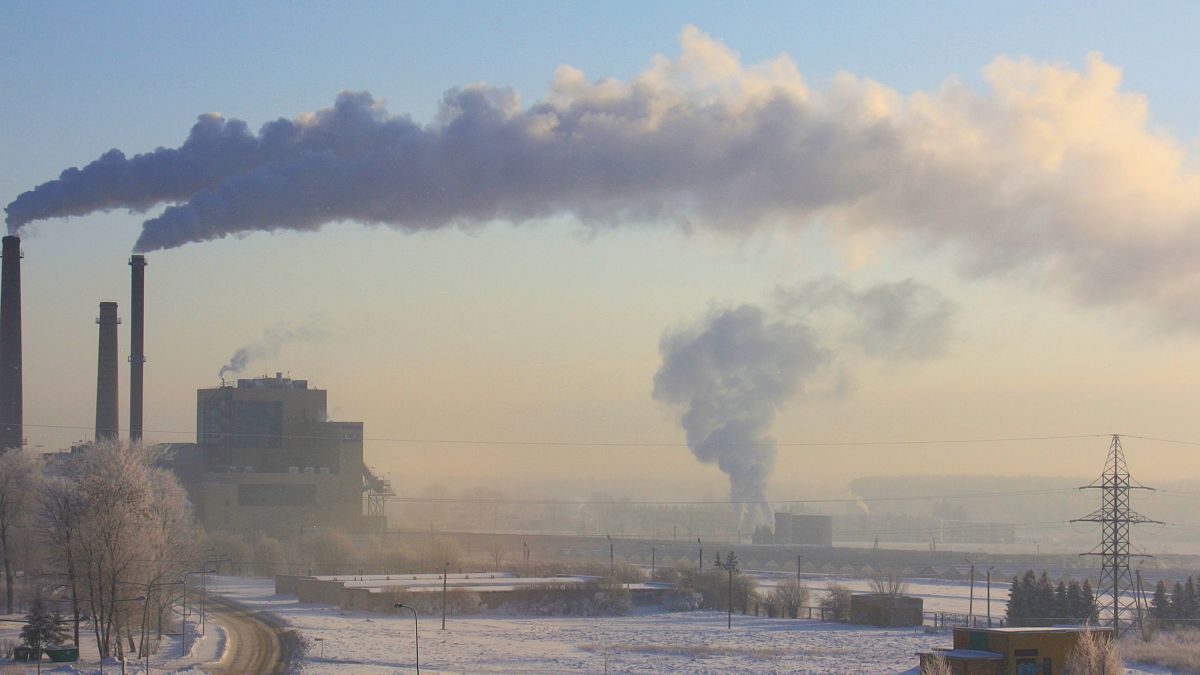Despite the efforts of some EU countries to submit their energy and climate plans to the European Commission, many member states are still lagging behind in meeting their 2030 greenhouse gas emission reduction targets. Yvon Slingenberg, a director in the Commission’s climate department, emphasized the urgent need for increased implementation efforts to accelerate emission reductions and meet overall climate goals outlined in the European Climate Law. The Effort Sharing Regulation, Emissions Trading System, and national energy and climate plans are key measures being taken to achieve these targets.
As of now, only ten EU countries have submitted their final national energy and climate plans, despite the June 30 deadline. The Commission has urged the remaining countries to deliver their plans, as current projections suggest that the plans in place would only lead to a 51% reduction of greenhouse gases by 2030. This has raised concerns among lawmakers and experts, who believe that national estimates may be too optimistic and that more action is needed in areas such as reducing emissions in buildings and transport, agriculture, and enhancing carbon sinks like forests and oceans.
In response to the current situation, various experts and organizations have called for specific actions to be taken. Luke Haywood, policy manager at the European Environmental Bureau, suggested the creation of task forces to assess progress on energy savings, renewables, and electrification. He also highlighted the need for an EU energy agency to provide reliable data for guiding Europe’s energy transition towards carbon neutrality. Genady Kondarev, a senior associate at the energy think tank E3G, emphasized the importance of NECPs in signaling the EU’s climate commitments ahead of the COP30 conference next year in Brazil.
It is evident that the EU countries need to step up their efforts in reducing greenhouse gas emissions and meeting their 2030 targets. The submission of energy and climate plans is crucial in this regard, as they form the basis for the bloc’s overall climate strategy. With the current projections falling short of the desired reductions, there is a clear need to take more concrete actions in key sectors such as buildings, transport, agriculture, and carbon sinks. Experts and lawmakers are calling for the establishment of task forces and an EU energy agency to provide guidance and support in achieving carbon neutrality.
Looking ahead, it is essential for member states to prioritize the submission of their energy and climate plans in order to demonstrate their commitment to the EU’s climate goals. As the deadline for submission has already passed, countries should expedite their efforts to meet the requirements and ensure that their plans are in line with the Commission’s recommendations. The upcoming COP30 conference in Brazil further emphasizes the need for EU countries to showcase their climate commitments, making the submission of NECPs even more crucial in signaling the bloc’s dedication to combating climate change on a global scale. By taking proactive steps and implementing necessary measures, EU countries can work towards achieving their emission reduction targets and transitioning to a more sustainable and climate-resilient future.










